Towards being obedient and a little more these days
Let me tell you a story
Once there were two boys who lived in a strange country. Not only was the country known for its spiritual people and their love for mysticism, but also for their love for drama, over-the-top celebrations, and preference for the spectacle and spice-heavy intricate cuisine. Though considered a ‘developing nation,’ there was no dearth of business tycoons there and how they loved their opulent destination weddings. Even their films bore testimony to their love for fanfare and opulence.
In a country as colorful as this, there was a school where two boys studied – Changu and Mangu- quite representative of their countrymen in their tendencies and preferences. The duo were class-mates. Changu had the reputation of being an obedient boy. However, in an attempt to prove his obedience and loyalty towards the teachers, he often overdid things, just like the majority of his countrymen. Mangu, on the other hand, was the complete opposite. He was hell-bent on making life difficult not only for his teachers but also for his peers. And as usual, he also went to the farthest extent to do that. He had his followers who flocked around him and outdid everything that he told them. Sometimes when he told them to tease the teacher by calling him names inside the school premises, they would go to the extent of following him to the bazaar and making life difficult for him there.
As the two grew up, their ways diverged with the first one going on to become not only a successful person but also a loyal citizen of the country. At the same time, the other gained notoriety in the area where he was operational. Thus continued life until the day the city was plagued by a killer disease that held the city hostage. Social distancing became the essential barrier between life and death – the sacred ‘Lakshman Rekha.’ Everything around the world had already come to a standstill, and people were requested to stay at home to prevent infection.
When it came to that particular city in which Changu and Mangu resided, to do its bit to save themselves the blushes, the duo stood firm. The Prime Minister of the country, being as wise and as popular as he was, asked citizens in the country to clap from their balconies to show their appreciation for those who stood on the forefront fighting the disease while risking their lives. When it came to Mangu, he took it one step further, just like the majority of his countrymen. He gathered at least 100 of his followers and took out a procession, not only clapping but also beating drums to show his appreciation. When the Prime Minister asked them to light diyas from their balcony, he got out on the road and started bursting crackers.
Changu, on the other hand, was so foresighted that he saw it fit to start storing provisions in anticipation of judgment day. He started going to the market every day and thought it fit to assemble people around the local tea-shop to discuss the future of humanity and how much the condition could worsen. He was a regular follower of the local news channel, which preached precaution – blaming a particular community for all the evils. Changu was also cautious enough to hoard plenty of rice, meat, and daal in an attempt to be ready for it.
And then, making Changu’s anticipation a reality, catastrophe finally struck the city. The entire city was obliterated – some from the outbreak of the disease and some from sheer hunger. What happened to our duo remains unknown. Did they become part of the statistics? Or did they survive to tell the tale?
Their fate, dear readers, is not really the point of my telling you this story. It is their attitude in the face of a deadly epidemic that I desire to draw your attention to.
Our country has been fighting a brave enemy over the last one-and-a-half months or so. This fight has made it necessary for us; the citizens stand up and deliver. The only thing medical experts, scientists, and our leaders have asked us is to stay at home. The lockdown has been imposed on us to ensure our own safety. But instead of listening to what we have been told, we are going on behaving like Changu and Mangu.
What is this lockdown?
Lockdown refers to an emergency measure undertaken by the government or someone in the position of authority in order to prevent people or information from leaving a particular area. At least that is what Wikipedia says. Such measures can be taken to protect people inside a particular area from any external threat. In this case, the threat is from an invisible entity – a round-shaped cute-looking virus with features that would put any deadly drug lord to shame.
In the Chinese city of Wuhan, where the epidemic first broke out, a two-month lockdown was announced in order to cope with the rapid spread of the disease. It was a city where 50,000 caught the virus, and more than 2,500 died – about 80 percent of the total number of deaths reported in the country, according to official reports. Several countries followed suit, and India was no different.
While interacting with Journalists in Geneva, the WHO director-general Tedros Adhanom Ghebreyesus praised our country for enforcing the lockdown at a very early stage. However, India has always been a country of rebellious people. And we are enforcing something on them, no matter how beneficial it might be for them.
Is it even required in India?
According to a recently published report, the COVID-19 virus can infect 2.5 persons. Provided that each of those infected go about their daily work in the usual way, coming in contact with others over the day, they will infect another 2.5. Thus within the space of a month, approximately 406 people will be infected from just the first infection.
This newly introduced virus has the ability to infect more people than SARS or MERS-CoV. At least that is what the GAVI report reveals. The risk of dying is about 4.4 percent depending on the geographical factor. What will come as a surprise to many is the fact that the fatality rate for COVID-19 is lesser than the aforementioned cases. Then why is it that the COVID-19 is way more dangerous than the other two?
Given the fact that the coronavirus is less deadly, people show lesser or hardly any symptoms of infections initially. As a result, they can go on infecting others while being unaware that they have themselves been infected.
And here comes the importance of social distancing. It allows asymptomatic people or people with even mild infections to stay away from the community and thus prevent infecting others.
What happens to our fat appetite then?
We Indians are known for our discerning taste buds. We pride ourselves thinking that the use of spices in our cuisine is second to none. We boast about our ability to sniff out the freshest vegetables and eggs, the juiciest fruits, and the best quality meat in the market. Since the lockdown has offered us so much time – why not embark on culinary challenges and adventures every day and flood the social media with pictures of our delicious creations! If that requires going to the market every day and jostling our way through a crowd of like-minded culinary enthusiasts – then why not?
We also feel it be our quintessential duty to discuss our worldviews with our fellow citizens, often thinking them to be the less privileged class, who need to be taught differentiating the right from the wrong. That, of course, requires us to venture out to the local chai shop and hold a court there.
Sometimes our egos are hurt when we are prevented from bargaining with the traders in the market. We bolster our egos, appreciating our skills of bargaining with the poorest of poor vendors, whose only source of livelihood might be that dingy poultry shop in the farthest corner of the market. That poor, marginalized vendor might be forced into conceding defeat, thinking that the paltry sum he earns from us would be enough to feed three or four months at the end of the day at least.
Who has the time to think about others?
The entire nation was in for a shock on Tuesday, just a few hours after the Prime Minister’s address to the nation, extending the lockdown until 3rd May, when they tuned in to their TV sets to see thousands of migrant laborers gathered at the Bandra station believing that trains would arrive to take them home – their sweet home. It was later learned that the news had been a hoax. Arrests were made in the case, and FIRs lodged against at least 1000 workers for assembling unlawfully.
This wasn’t a one-off event. Sitting comfortably in front of our television, we have seen thousands of such workers walk miles seeking their homes. We have sympathized with them, sometimes have even contributed to the various relief funds hoping to help and then pushing those unhealthy memories somewhere at the back of our minds, we have set ourselves upon the most comfortable chair around our dining table to eagerly devour our lunch and dinner while planning the menu for the next day.
According to a recently published report by The Stranded Workers Action Network (SWAN), approximately 96 percent of a sample of lockdown-hit migrant workers did not receive any dry ration; alarming isn’t it? Seventy percent of those did not even have the knowledge of or access to cooked meals that were being distributed around them. The reason – these workers are not even registered in the database for workers in the states where they are employed.
Do I need to hear all this dry information?
No, maybe all this information won’t make any difference to us or the Changus and Mangus around us. All I want to do is to make them aware of the entire scenario. Yes, they are going to the market every day, and buying different food items will, in turn, benefit those who are selling them, and in the chain, the process will also benefit those producing them. But a limited amount of buying would do no one any harm. It would also provide those in need of the all-important ingredients that they need for survival. The rationing system introduced in different states is meant to help the needy, not those who have ample to spare.
Be considerate, be humane, be logical – that is all that is being asked for. Now it is up to you, the people of this country, to decide whose side you want to be in. Changu’s who is in favor of lecturing and hoarding, Mangu who loves to have his followers flattering him all around or their leaders, or those who sensibly advise everyone to stay at home while taking steps to ensure food and safety for those in need.
Featured Image Credits: Wikimedia


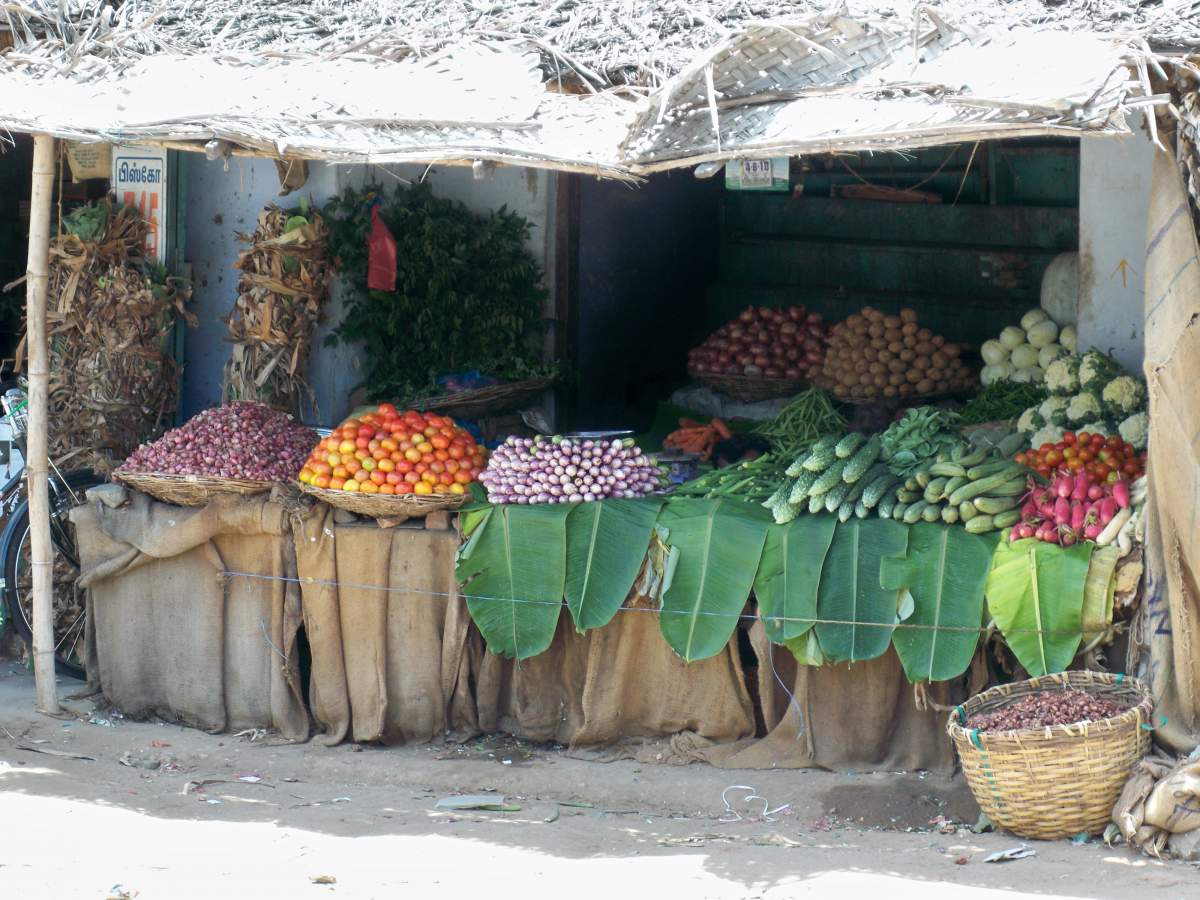
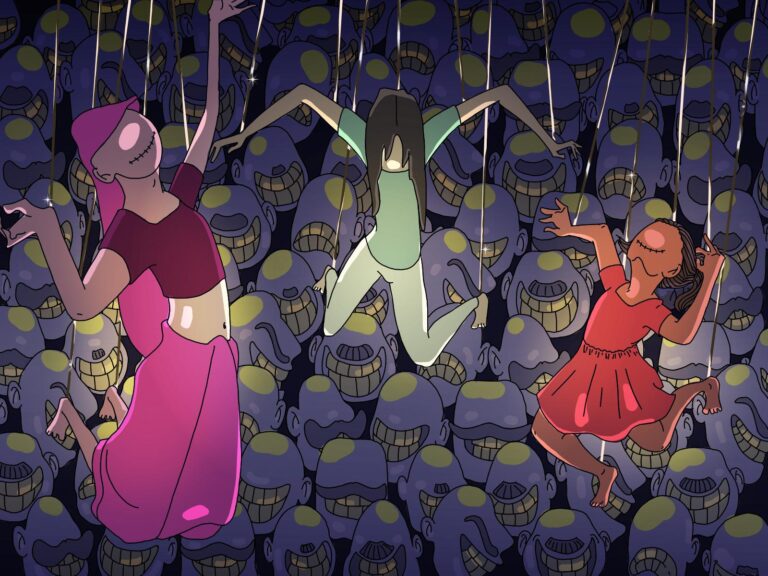

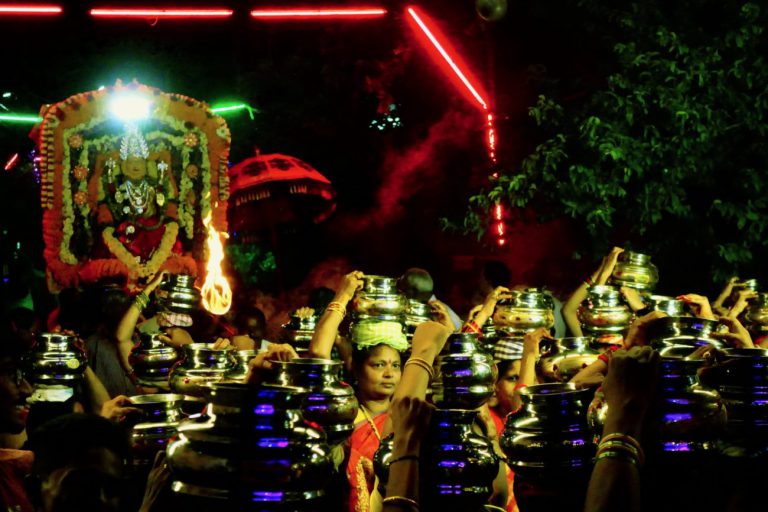
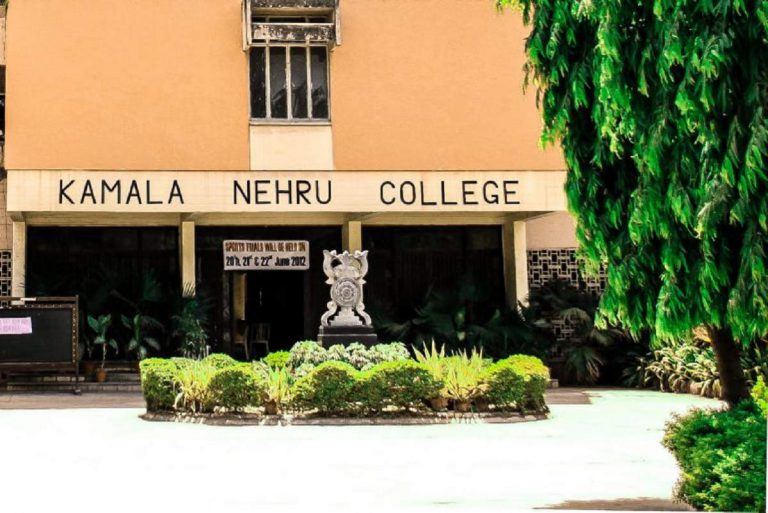
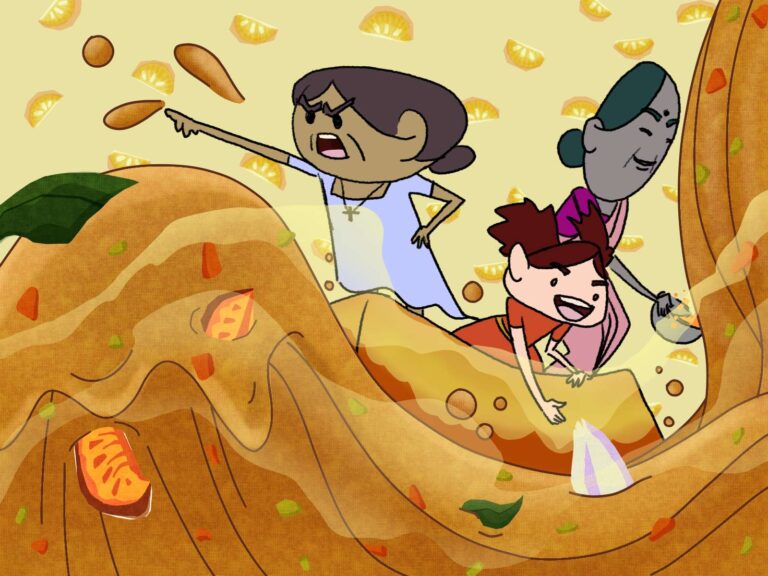
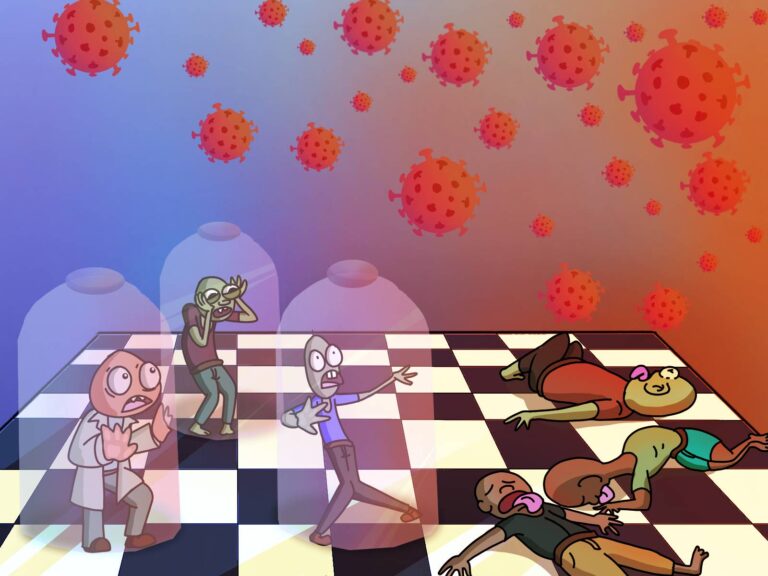
Readers' Reviews (2 replies)